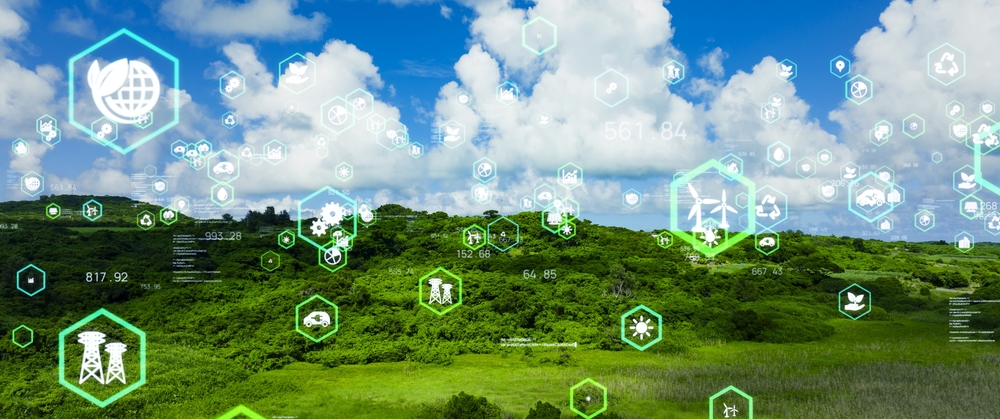As climate change, pollution, and resource depletion continue to threaten the planet, the demand for sustainable solutions has never been greater. In response, green technology is rising to meet the challenge. These innovative tools, systems, and processes are designed to reduce environmental impact, increase energy efficiency, and promote the responsible use of natural resources. From renewable energy to eco friendly materials, green technology is not just a trend – it is a powerful force shaping a cleaner, more sustainable future.
1. Renewable Energy Leading the Way
At the heart of green technology is renewable energy. Solar, wind, hydro, and geothermal power are replacing fossil fuels in energy production around the globe. These energy sources are sustainable, low emission, and increasingly cost effective. Thanks to technological advancements, the efficiency of solar panels and wind turbines has improved dramatically, making renewable energy more accessible to both consumers and industries.
Countries like Denmark, Costa Rica, and Iceland are leading by example, running large portions of their energy grids on renewable sources. The shift toward clean energy not only reduces greenhouse gas emissions but also fosters energy independence and long term economic stability.
2. Energy Efficient Smart Homes
Smart technology is transforming homes into energy efficient spaces. Devices like smart thermostats, LED lighting, and intelligent appliances help reduce electricity consumption by adapting to user habits and optimizing energy use. Homeowners can now monitor and control their energy consumption in real time, leading to both financial savings and environmental benefits.
Even building materials have gone green. Sustainable insulation, recycled construction materials, and green roofs are making homes more efficient and reducing the carbon footprint associated with traditional construction methods.
3. Electric Vehicles and Cleaner Transportation
Transportation is one of the largest contributors to carbon emissions, but electric vehicles (EVs) are helping turn the tide. With zero tailpipe emissions and lower lifetime environmental impact, EVs are becoming an increasingly popular alternative to gasoline powered cars. Major automotive companies are investing heavily in EV technology, and governments worldwide are offering incentives to encourage adoption.
Beyond cars, public transportation systems are also going green. Electric buses, trains powered by renewable energy, and bicycle sharing programs are all part of the effort to create more sustainable urban mobility.
4. Sustainable Agriculture and Food Systems
Green technology is revolutionizing how we grow and consume food. Precision agriculture uses GPS, sensors, and data analytics to optimize farming practices, reducing water usage, chemical inputs, and waste. Vertical farming and hydroponics allow food to be grown in urban environments using less land and fewer resources.
Additionally, plant based meat alternatives and lab grown proteins are offering more sustainable options for consumers concerned about the environmental impact of traditional livestock farming. These innovations are essential as the global population grows and demands for food increase.
5. Waste Reduction and Recycling Innovations
Managing waste is a major challenge, but green technology offers smart solutions. Advanced recycling technologies can now break down plastics into reusable raw materials, while AI powered sorting systems improve the efficiency of recycling plants. Composting systems, biodegradable packaging, and zero waste manufacturing processes are also gaining traction.
Circular economy models are being adopted by companies that design products for reuse, repair, and recycling, helping to minimize waste and extend the life cycle of materials.
6. Green Tech in Business and Industry
Sustainability is becoming a key focus in corporate strategies, and green technology is central to this shift. Companies are adopting energy efficient processes, using sustainable materials, and embracing digital tools to track and reduce their environmental impact. Green certifications and ESG (Environmental, Social, and Governance) metrics are now influencing investment decisions and consumer behavior.
A Greener Tomorrow Starts Today
Green technology is no longer just an option — it is essential to building a livable future. From clean energy to sustainable agriculture, these innovations are transforming how we live, work, and interact with the planet. As awareness grows and technologies become more accessible, individuals, businesses, and governments have the power to make impactful choices that benefit both people and the environment. The path to a more sustainable world is already being paved with green innovation.

